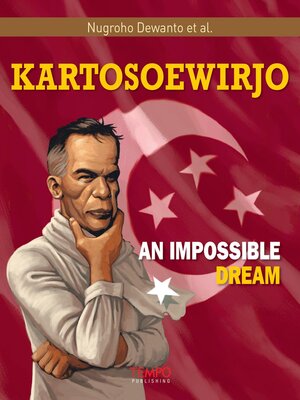Kartosoewirjo, an Impossible Dream
ebook ∣ Historical Indonesian Figures, #10 · Historical Indonesian Figures
By Nugroho Dewanto et al.

Sign up to save your library
With an OverDrive account, you can save your favorite libraries for at-a-glance information about availability. Find out more about OverDrive accounts.
Find this title in Libby, the library reading app by OverDrive.



Search for a digital library with this title
Title found at these libraries:
| Library Name | Distance |
|---|---|
| Loading... |
He came from a nominal Muslim family but Sekarmadji Maridjan Kartosoewirjo ended as the leader of the rebellious Darul Islam. Almost 50 years after his death, at the hands of a firing squad, his vision and his ideal of an Islamic state still resonate among some Muslims in this country.
ALTHOUGH Kartosoewirjo, born in Cepu, Central Java on January 7, 1907, was known as an Islamic leader, he was not excessively "Islamic." His father was a mantri candu or head of an opium control division— a somewhat high rank for a "native Indonesian" during the Dutch colonial era. Clearly, candu and Islam seemed, even at that time, quite incongruous.
The Kartosoewirjo family was indeed among the feudal upper-class, and they were not strict adherents of Islam. "Our family tended to be abangan," said one member of the family in Cepu. Kartosoewirjo's childhood was not filled with religious instruction. Most of his education came from Dutch schools.
After graduating from the Inlandsche School der Tweede Klasse, known as the "Ongko Loro School" little Kartosoewirjo continued his education at the Hollands Inlandsche School in Rembang, Central Java. He then continued his studies at the Europeesche Lagere School, an elite school for Dutch children, in Bojonegoro, East Java.







